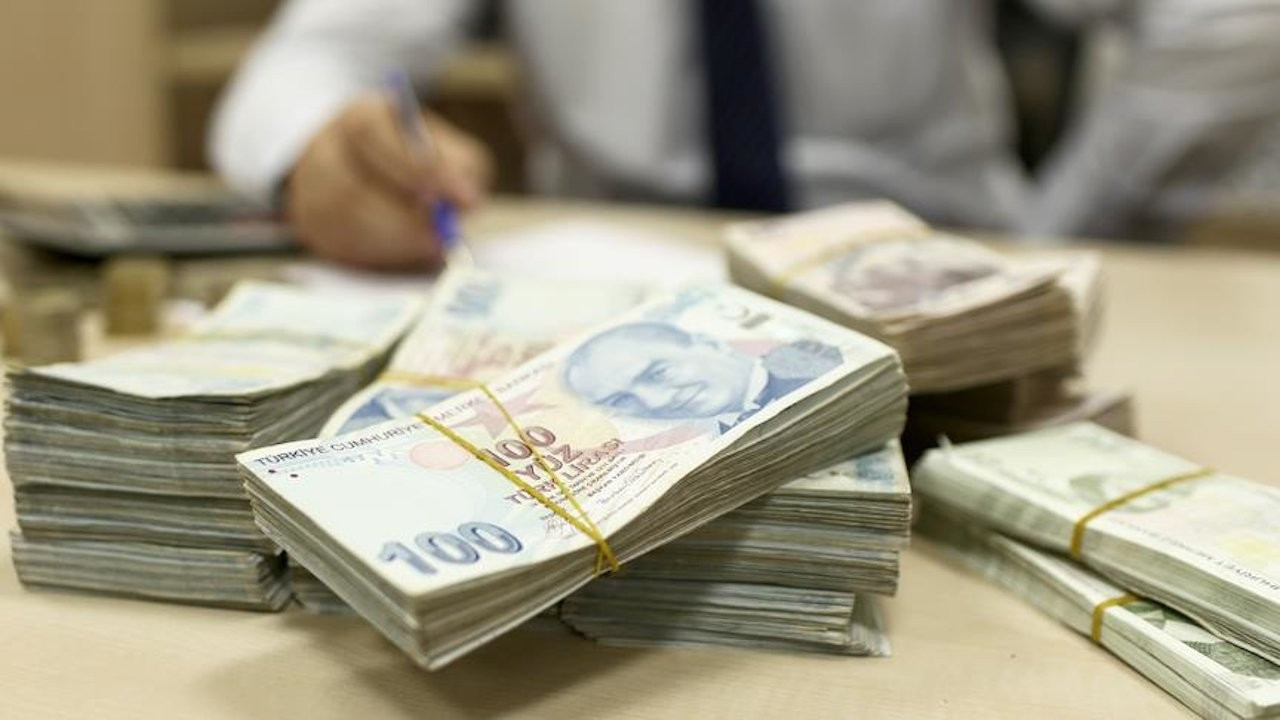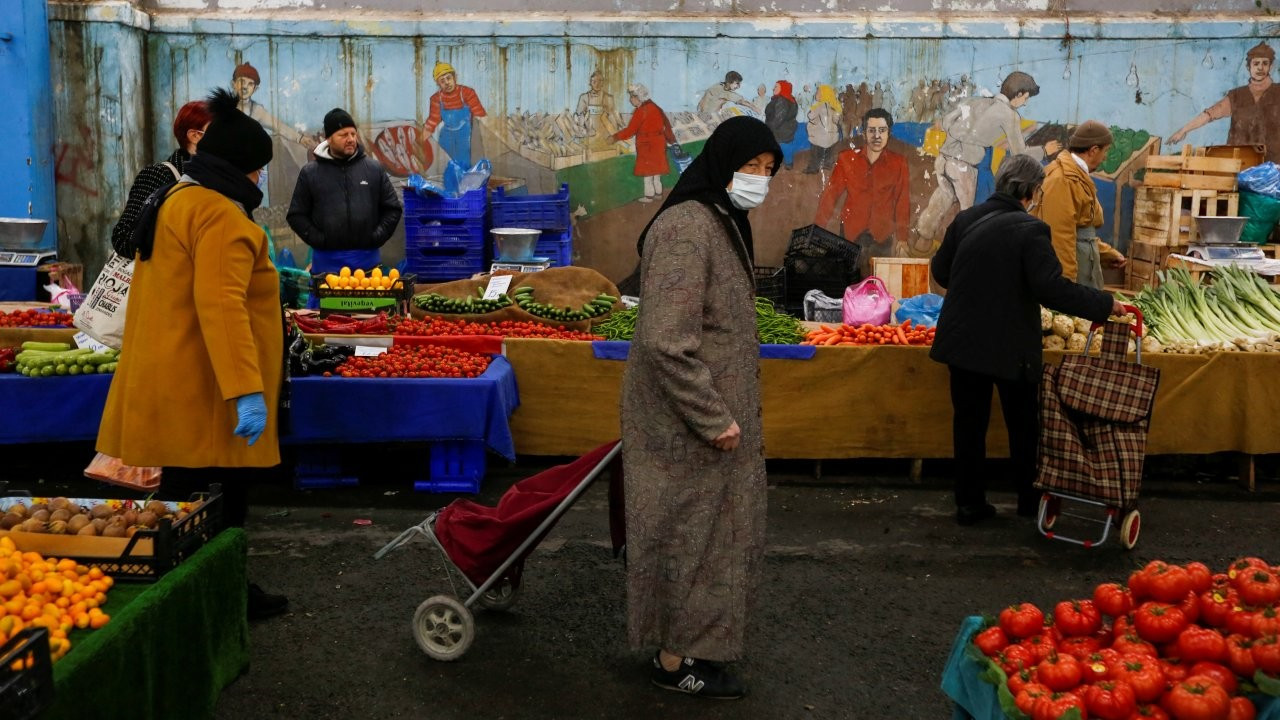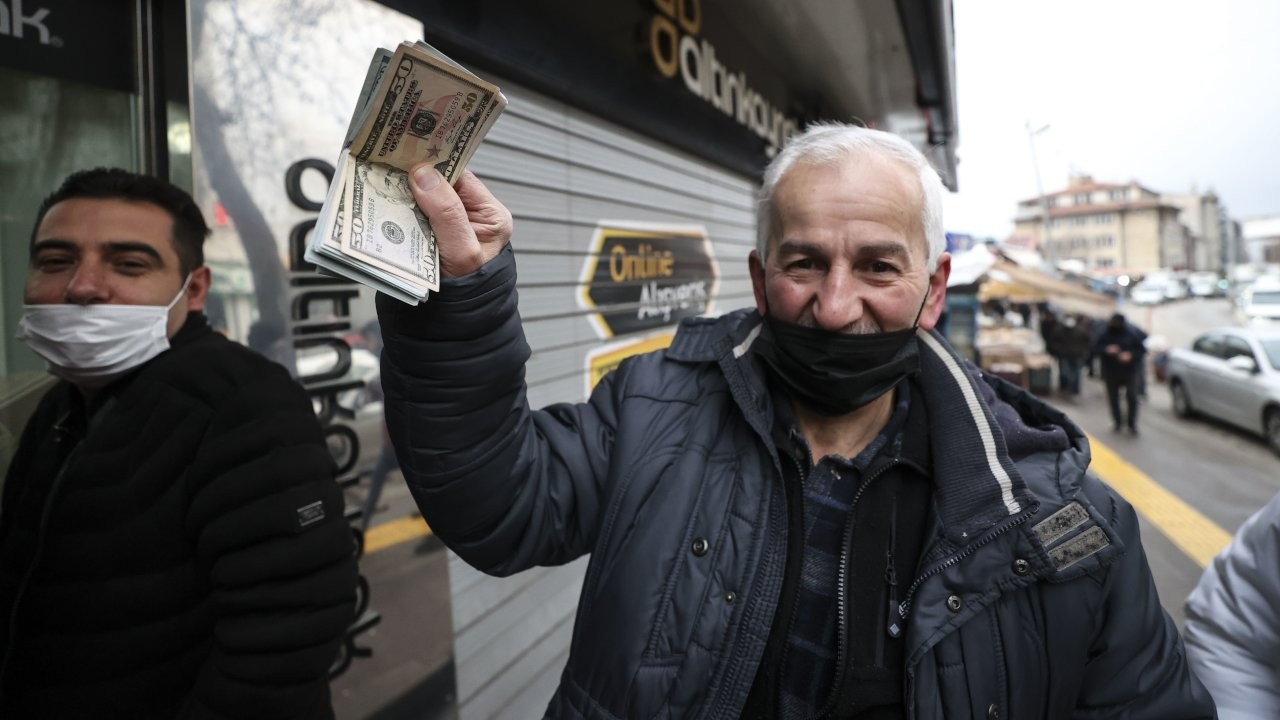As inflation soars, Turkish newlyweds stock up on food and dream of travel
Turkish newlyweds have been spending their money to stock up on non-perishable food as they try to keep one step ahead of a plummeting lira currency and relentlessly rising inflation.
Reuters
Ezgi and Çağrı Bektaş Dağ hoped to travel and indulge in a few luxuries after getting married in May.
Instead, the couple from Izmir in western Turkey are spending an increasing amount of their money - and spare time - stocking up on non-perishable food as they try to keep one step ahead of a plummeting lira currency and relentlessly rising inflation.
They spend hours researching ever-changing prices and make checks before each trip to the supermarket, and then share their experiences with more than 1,000 followers on a YouTube feed they launched a couple of months ago.
That includes a kitchen stocked with 1-1/2-years' worth of cooking oil.
"Sometimes we don't even need a product but we say let's buy it on sale since the price will rise anyway," says Çağrı Bektaş, who works at a metal components factory. "We keep stocking up even before consuming our stocks because every day the prices go up."
Currently at 21% - and much higher for staple goods - Turkish annual inflation is tipped to blow through 30% next year while, at its weakest level on Dec. 20, the lira had shed well over half its value against hard currencies so far this year.
That's slashed the dollar value of the couple's joint monthly income of 8,000 lira to around $600, around half of which they say they are spending on groceries.
The lira selloff was sparked by sharp cuts in interest rates engineered - in the face of widespread criticism from businesses and economists - by President Recep Tayyip Erdoğan.
On Dec. 20, Erdogan unveiled a plan to protect local currency savings against market fluctuations, prompting a lira recovery as Turks sold dollars. But analysts are sceptical as to whether the plan will stabilize things for long.
"I feel really, really sad because I say to myself that we could have traveled and seen other places instead of paying so much money for this [stuff]," said Ezgi, a 25-year-old teacher.
When they started recording their shopping expeditions they were apprehensive.
"We thought people might judge us. But we realized they shouldn't, they should judge those who put us in this position in the first place," Çağrı Bektaş said.
"Right now our sole fear is that, if we have a child one day, what if we cannot provide a better future for them?"

 Turkish depositors delight in lira let-up but will Erdoğan's plan deliver?Economy
Turkish depositors delight in lira let-up but will Erdoğan's plan deliver?Economy 'Erdoğan trying to win back voters who left AKP for economic reasons'Economy
'Erdoğan trying to win back voters who left AKP for economic reasons'Economy Erdoğan's speeches increase in frequency, decrease in duration amid lira turbulanceEconomy
Erdoğan's speeches increase in frequency, decrease in duration amid lira turbulanceEconomy Thousands of Turks flock to exchange offices after lira charges backEconomy
Thousands of Turks flock to exchange offices after lira charges backEconomy